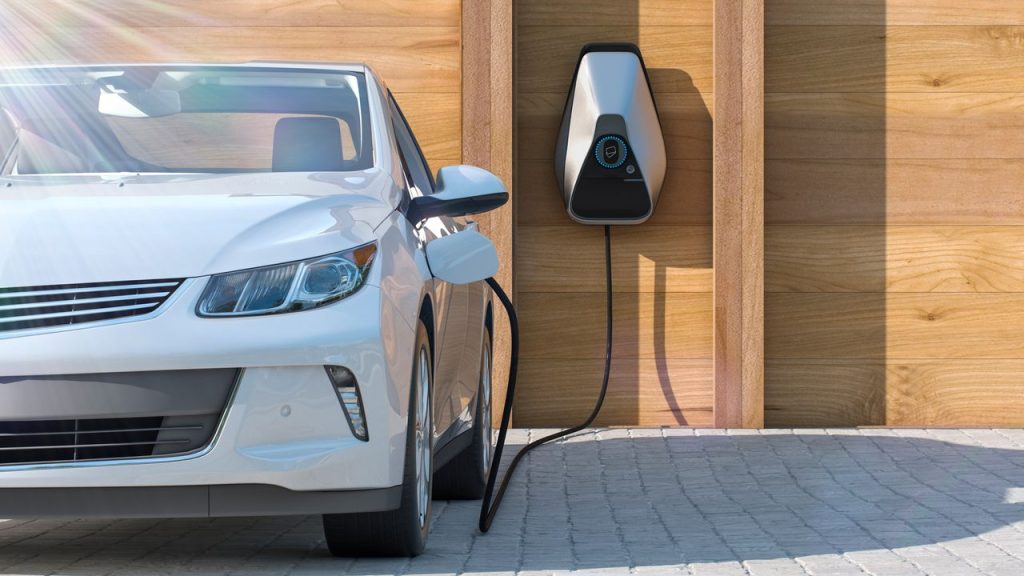Types of Electric Vehicles (EVs): Battery Electric Vehicles (BEVs) vs. Plug-in Hybrid Electric Vehicles (PHEVs)
With the growing concern for the environment and the need to reduce greenhouse gas emissions, electric vehicles (EVs) have gained significant popularity in recent years. EVs offer a cleaner and more sustainable alternative to traditional gasoline-powered vehicles. There are two main types of EVs: Battery Electric Vehicles (BEVs) and Plug-in Hybrid Electric Vehicles (PHEVs).
Battery Electric Vehicles (BEVs)
Battery Electric Vehicles, also known as all-electric vehicles, are powered solely by electricity stored in high-capacity batteries. These vehicles do not have a gasoline engine and rely entirely on electric power for propulsion. BEVs are considered zero-emission vehicles as they produce no tailpipe emissions.
One of the key advantages of BEVs is their environmental friendliness. They help reduce air pollution and dependence on fossil fuels. Additionally, BEVs offer a smooth and quiet driving experience due to the absence of a gasoline engine. They also require less maintenance compared to traditional vehicles since they have fewer moving parts.
However, one of the main challenges with BEVs is their limited range. The range of a BEV depends on the capacity of its battery, and typically ranges from 100 to 300 miles on a single charge. This limited range makes BEVs more suitable for daily commuting and shorter trips rather than long-distance travel.
Plug-in Hybrid Electric Vehicles (PHEVs)
Plug-in Hybrid Electric Vehicles combine the benefits of both electric and gasoline-powered vehicles. PHEVs have both an electric motor and a gasoline engine, allowing them to operate in electric mode, gasoline mode, or a combination of both. These vehicles can be charged by plugging them into an external power source, just like BEVs.
The gasoline engine in PHEVs provides an additional power source, offering extended range and flexibility. This makes PHEVs a suitable choice for those who require a longer range and occasional long-distance travel. PHEVs can run on electric power for shorter trips and switch to gasoline mode for longer journeys, eliminating range anxiety.
Another advantage of PHEVs is their ability to recover energy through regenerative braking. When the driver applies the brakes, the electric motor acts as a generator, converting the kinetic energy into electrical energy, which is then stored in the battery. This feature helps improve fuel efficiency and reduce emissions.
Choosing the Right EV
When deciding between a BEV and a PHEV, it is essential to consider your driving habits and requirements. If you primarily drive short distances and have access to charging infrastructure, a BEV may be a suitable choice. BEVs are ideal for urban dwellers and those looking for a greener transportation option.
On the other hand, if you frequently travel long distances or require a higher range, a PHEV may be a better fit. PHEVs offer the flexibility of both electric and gasoline power, providing peace of mind for longer journeys.
In conclusion, both BEVs and PHEVs contribute to reducing greenhouse gas emissions and offer numerous benefits over traditional gasoline-powered vehicles. The choice between the two depends on individual needs, driving patterns, and access to charging infrastructure. Regardless of the type of EV chosen, making the switch to electric vehicles is a step towards a cleaner and more sustainable future.


